Find Cheap Storage in
Washington
Best Self Storage Units in Marysville, Washington of 2024
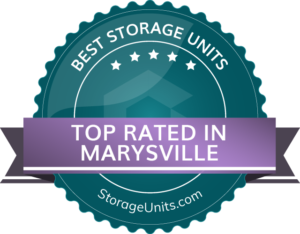
Book a storage unit in Marysville, Washington today. Compare available unit sizes, prices, amenities, customer reviews, and other features of 28 facilities in the area.
Enter your ZIP code to explore more relevant results
Filters
1 - 10 of 28 storage facilities near Marysville, WA
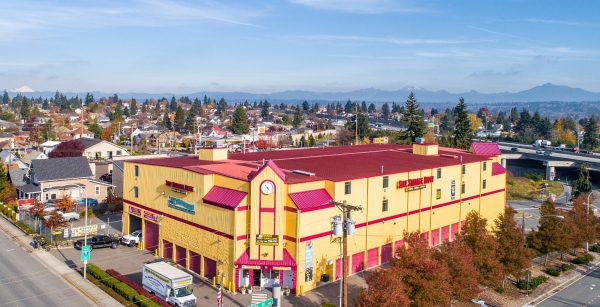
Storage Unit Review
“Fantastic”
Full Review
StorQuest - Lake Stevens / State Hwy
E-Rental
Rent online, skip the counter and go straight to your space.
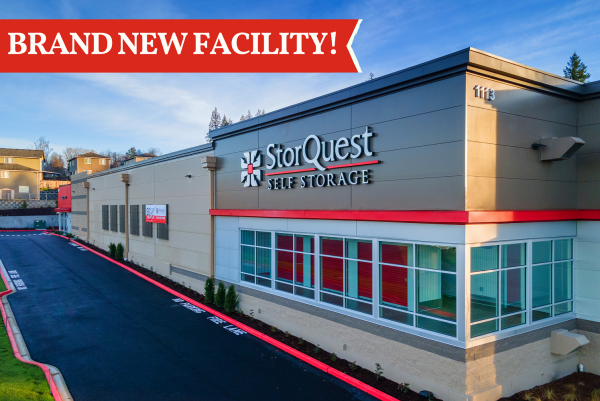
Storage Unit Review
“Quit on me”
Full Review
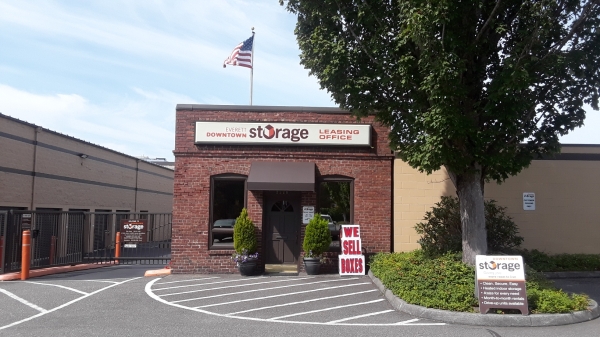
Storage Unit Review
“Curtis was exceptional at his job and customer service!”
Full Review
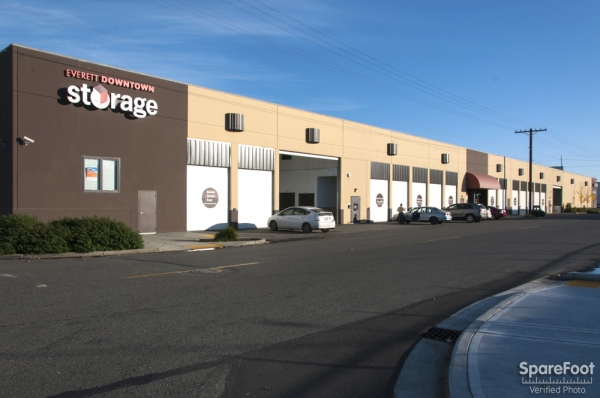
Storage Unit Review
“Great clean dry storage.”
Full Review
Smokey Point Self Storage
E-Rental
Rent online, skip the counter and go straight to your space.
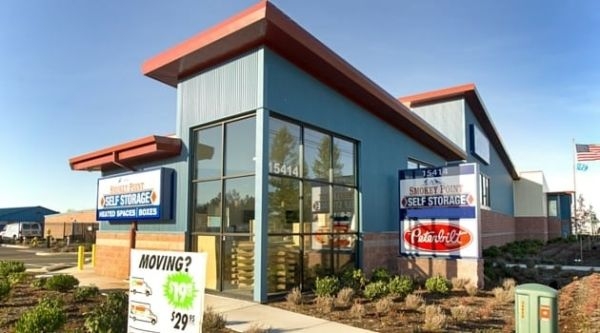
Trojan Storage of Marysville
E-Rental
Rent online, skip the counter and go straight to your space.
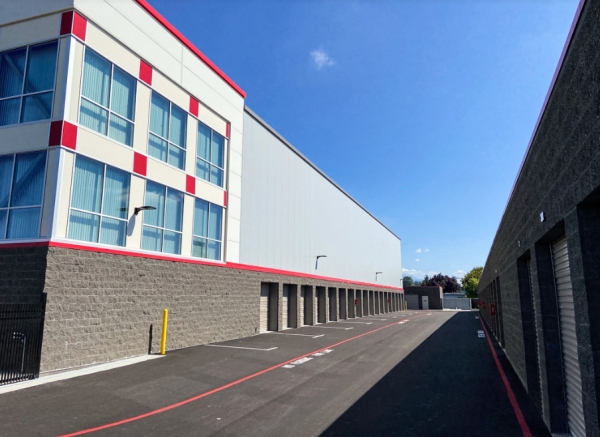
Storage Unit Review
“I was able to get the size unit.I needed immediately”
Full Review
Public Storage - Arlington - 3716 166th Pl NE
E-Rental
Rent online, skip the counter and go straight to your space.

Cascade NW Self Storage
E-Rental
Rent online, skip the counter and go straight to your space.
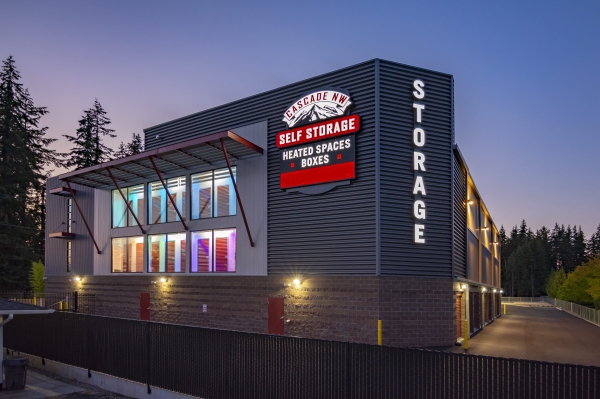
Storage Unit Review
“Great overall highly recommend”
Full Review
Peoples Storage - Everett
E-Rental
Rent online, skip the counter and go straight to your space.
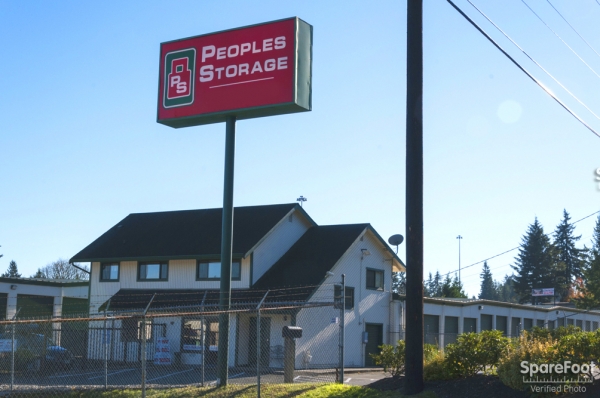
Storage Unit Review
“If it's good for dad, it's good for me!”
Full Review
SecureSpace Self Storage Everett
E-Rental
Rent online, skip the counter and go straight to your space.
Showing 1 - 10 out of 28 units
- 1
- 2
- 3
The Cost of Self Storage in Marysville, WA
The average costs of storage units in Marysville are below the state and national averages for the most common storage unit sizes. Storage unit costs will vary depending on the various amenities the facility offers, so shop around to make sure you’re only paying for what you need.
| The average cost of storage units in Marysville compared to state and national averages | |||
|---|---|---|---|
| Size of Storage Unit | City Average | State Average | National Average |
| 5×5 | $45 | $56 | $41 |
| 5×10 | $50 | $78 | $59 |
| 10×10 | $75 | $131 | $95 |
| 10×15 | $85 | $162 | $114 |
| 10×20 | $150 | $172 | $133 |
Browse
Marysville
Storage by Amenity
Get facility hours and directions.

